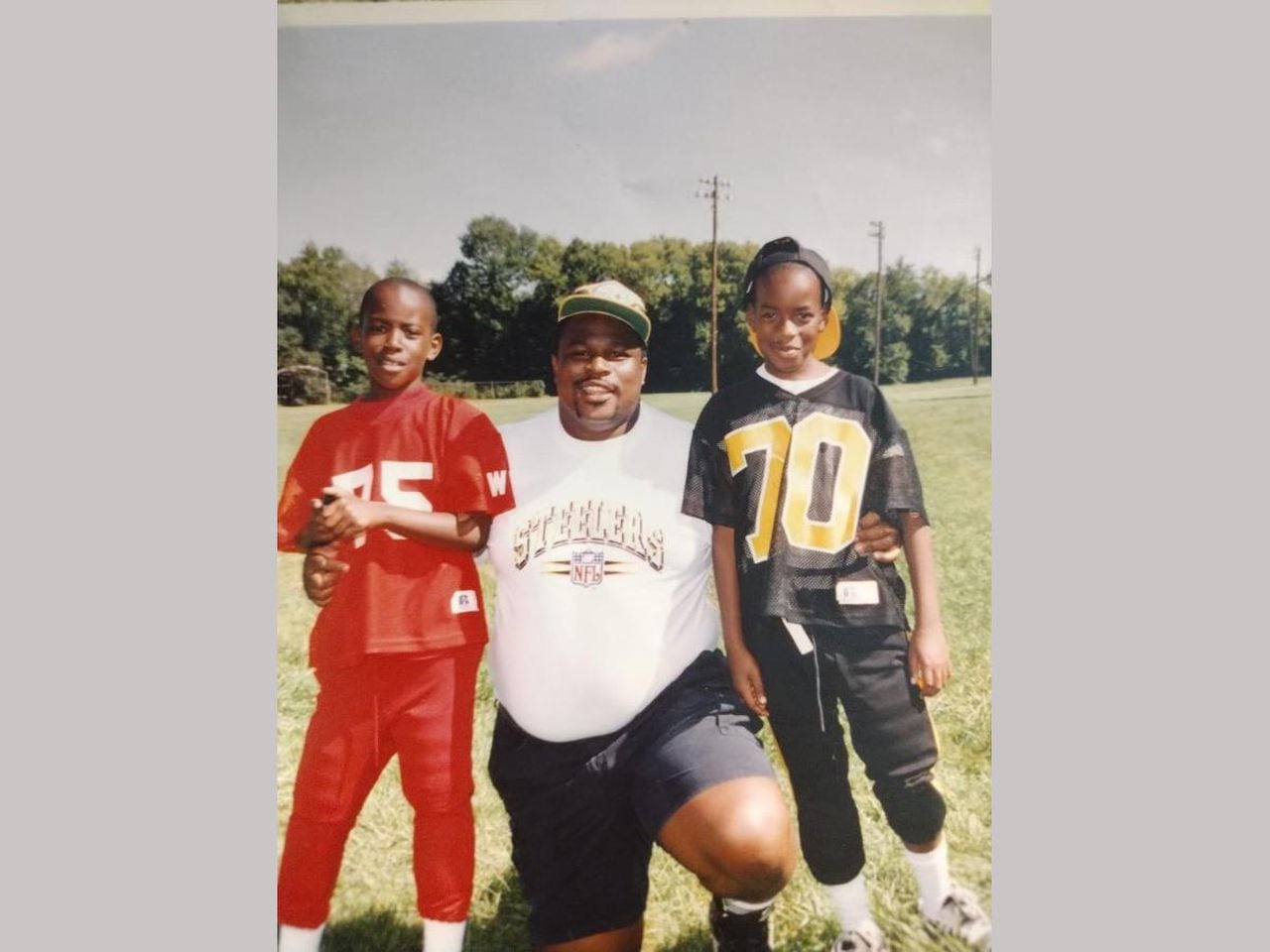A rural Alabama man died waiting for an ambulance
On Christmas night, a call came into Pickens County emergency dispatch about a man with shortness of breath.
But the county’s only ambulance crew was 40 minutes away, dropping off another patient at a hospital in Tuscaloosa. No other ambulances in neighboring counties could respond to the call, and fog had grounded the medical helicopters, said Vicky Sullivan McCrory, the paramedic manager at Pickens County Ambulance Service.
By the time she and her crew responded to the call more than an hour later, the man, Rodney Hall Sr., had died. His two children he raised as a single father had watched him struggle for breath and finally succumb during the long wait.
For McCrory, who has worked in Pickens County for 30 years, it was a particularly tragic death that highlighted the struggles residents have endured since the county hospital closed in 2020. That closure hurt the ambulance service too, by reducing its revenue and making it more difficult to attract and retain qualified EMTs. These days, the county only has enough staff to operate one or two ambulances at a time, McCrory said.
“The one from Christmas night, that should have never happened,” McCrory told AL.com. “I know with everything in me, had we been local, had we been in the county and gotten to the location in a timely manner, he would have survived. There’s no doubt in my mind about that.”
McCrory wrote a Facebook post Dec. 26 about the call. She said she couldn’t stop worrying about the two boys left behind by Hall’s death.
“I try to keep emotions out of this, but when you walk in and see the looks on his kids’ faces and see it go from bad to worse,” McCrory said. “You can’t help but be emotional. And it shouldn’t happen. In 2023, you shouldn’t have to wait an hour and a half for an ambulance when you can’t breathe.”
Hall’s oldest son, DeLacio Spencer, said his father lived in Chattanooga for a while, but had returned to Pickens County with his younger children to save money and bring them up in the country. Hall was heavily involved in youth sports, Spencer said.
“He wasn’t just a biological father to just one group of kids,” Spencer said. “He was a community father.”
Hall had endured several tragedies in recent years. His wife died, leaving him as a single parent to his two youngest. He got diagnosed with diabetes and suffered complications that led to amputations.
He got COVID a couple of times, Spencer said, and the virus left him weak.
“It weighed heavily on him,” he said.
To make matters worse, Hall’s second son recently died, and the family was raising money for a burial. Now they need to find even more money to bury Hall, who died without life or burial insurance.
DeLacio has launched a GoFundMe to help the family. He wonders about the circumstances that led to his father’s death.
“So, one of my questions is what about the neighboring counties,” DeLacio said. “Are they not available? Are the medevacs not available? And what can we do to change that situation? I know if the hospital had still been open in Pickens County, it would have been a completely different situation.”
Unlike other emergency services such as fire and police, local and county governments aren’t required to support ambulance services. Some do have taxes and fees to support them, but Pickens does not, McCrory said.
The ambulance business relies on payments from patients and insurance companies, McCrory said. The Pickens County Ambulance Service lost about half of that income when the local hospital closed, she said.
It isn’t the only rural county with an underfunded and understaffed ambulance service. Last year, the last ambulance company in nearby Greene County almost shut down. EMS companies shut down recently in Livingston and Smith’s Station.
While Hall’s family scrambles to help care for the two boys he left behind, McCrory said she is hoping to raise awareness of the situation so local leaders can find a solution. People are dying in her community and others like it, she said.
“This is not the first time it’s happened here,” McCrory said. “It’s happening too often. In the United States of America where you should have access to emergency care and health care. And it’s like we’re nonexistent to everybody.”
